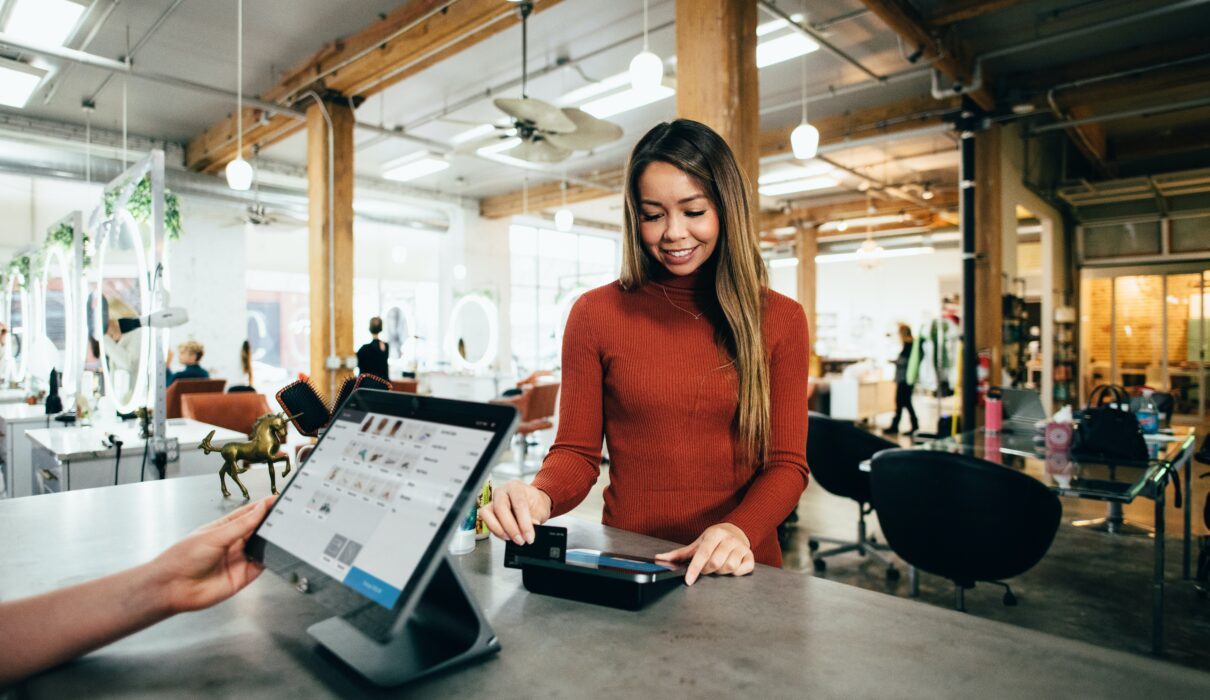The fastest way to build good credit is with a credit card, but there’s a caveat: you typically can’t get a credit card without good credit.
That’s where secured credit cards come into play.
Secured credit cards are helpful for people with bad or no credit. Read on to learn how secured credit cards work and the critical differences between them and “regular” credit cards.
What is a secured credit card?
When you open the account, you place a cash deposit to back the secured credit card. The deposit amount is usually the same as your credit limit. If you deposit $500, you’ll have a $500 limit.
Since your cash backs the credit limit, the credit issuer has a lower risk at stake. If you skip your bill, they can take the money from your deposit. The mitigation of risk makes secured credit cards a good option for those with bad or no credit.
So, what happens to your 500 bucks if you habitually pay your bill on time? You’ll eventually get it back. By using the card responsibly, you indicate to credit issuers that you’re a trustworthy borrower — and you’ll improve your credit enough to qualify for a “regular” deposit-free credit card.
The issuer’s minimum/maximum amounts you can deposit vary, but you should plan on at least $200 for a secured card deposit.
Secured vs. unsecured cards
As we’ve already touched on, the determining factor between which type of card you will qualify for depends on one significant factor: your credit score.
Credit card companies usually require at least average credit for an unsecured card or good to excellent credit for the best cards.
Keep an eye out for unsecured cards that claim to be easy to qualify for with bad credit. These cards typically charge exorbitant fees. It’s probably a better idea to apply for a secured card rather than one with sky-high costs.
How do secured credit cards work?
Once you make your deposit, secured cards work just like the others. You can use them wherever credit card payments are accepted. You can build (or rebuild) credit by paying your balance in full and on time. And, just like a regular card, you do incur interest if you carry a balance.
What’s the best way to effectively use a secured credit card?
- Use the card infrequently, making only one or two small monthly purchases.
- Pay your entire balance every month before the due date to avoid interest charges.
- Pay attention to your credit score. When you’ve made some strides, ask your issuer about upgrading.
How fast can I build credit?
Most people find it only takes about a year to improve their credit to qualify for an unsecured card.
Usually, a better credit score leads to better interest rates, rewards, and fees.

